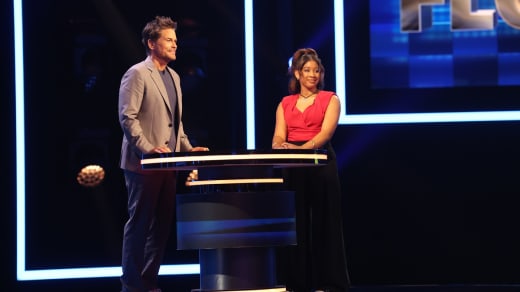A Taylor Swift op-ed speculating about her sexuality has been slammed by the popstar’s associates as “invasive, untrue and inappopriate”.
On January 4, the New York Times published an opinion piece, suggesting there was “queerness implied by Ms. Swift’s work”. Among other supposed references Swift has made in her music, the article claimed Swift covertly came out in 2019 via an Instagram post. The singer posted a “rainbow-glazed” photo of a friendship bracelet with the bisexual pride flag colours and the word ‘proud’ on the beads.
Now, a source “close to the situation” has spoken to CNN condemning the op-ed. On Saturday (January 6), the source told the publication: “Because of her massive success, in this moment there is a Taylor-shaped hole in people’s ethics.
“This article wouldn’t have been allowed to be written about Shawn Mendes or any male artist whose sexuality has been questioned by fans.”
The source continued: “There seems to be no boundary some journalists won’t cross when writing about Taylor, regardless of how invasive, untrue, and inappropriate it is – all under the protective veil of an ‘opinion piece.’”

Though Swift has publicly supported the LGBT+ community, she told Vogue Magazine in 2019 she was “not a part” of the community herself.
“Rights are being stripped from basically everyone who isn’t a straight white cisgender male,” Swift said. “I didn’t realize until recently that I could advocate for a community that I’m not a part of.”
Swift has also seemingly hinted at previous speculation of her sexuality in a prologue she wrote for ‘1989 (Taylor’s Version)’. In response to “slut shaming” and “jokes about my amount of boyfriends”, Swift said she decided to “focus only on myself, my music, my growth, and my female friendships.”
“If I only hung out with my female friends, people couldn’t sensationalize or sexualize that — right? I would learn later on that people could and people would.”
The writer of the article and The Times opinion editor Anna Marks has not publicly responded to the backlash yet. However, in the op-ed, she has pre-emptively acknowledged critics of the piece, writing: “I know that discussing the potential of a star’s queerness before a formal declaration of identity feels, to some, too salacious and gossip-fueled to be worthy of discussion.”
“I share many of these reservations,” she continue. “But the stories that dominate our collective imagination shape what our culture permits artists and their audiences to say and be. Every time an artist signals queerness and that transmission falls on deaf ears, that signal dies. Recognizing the possibility of queerness — while being conscious of the difference between possibility and certainty — keeps that signal alive.”
In other news, Carey Mulligan’s confused response to a Taylor Swift-themed question has gone viral on the Internet.

























































